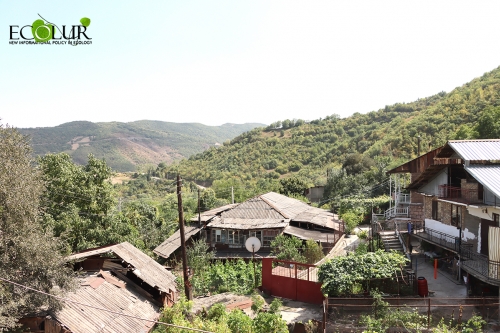


About 2 km south of the Syunik regional center, Kapan, on the right bank of the Voghji River, lies the village of Gomaran, part of the Kapan community. Nestled among forests, this village is sparsely populated, with an estimated 70 residents, most of whom are elderly. Due to the lack of employment opportunities, young people no longer stay in the village.
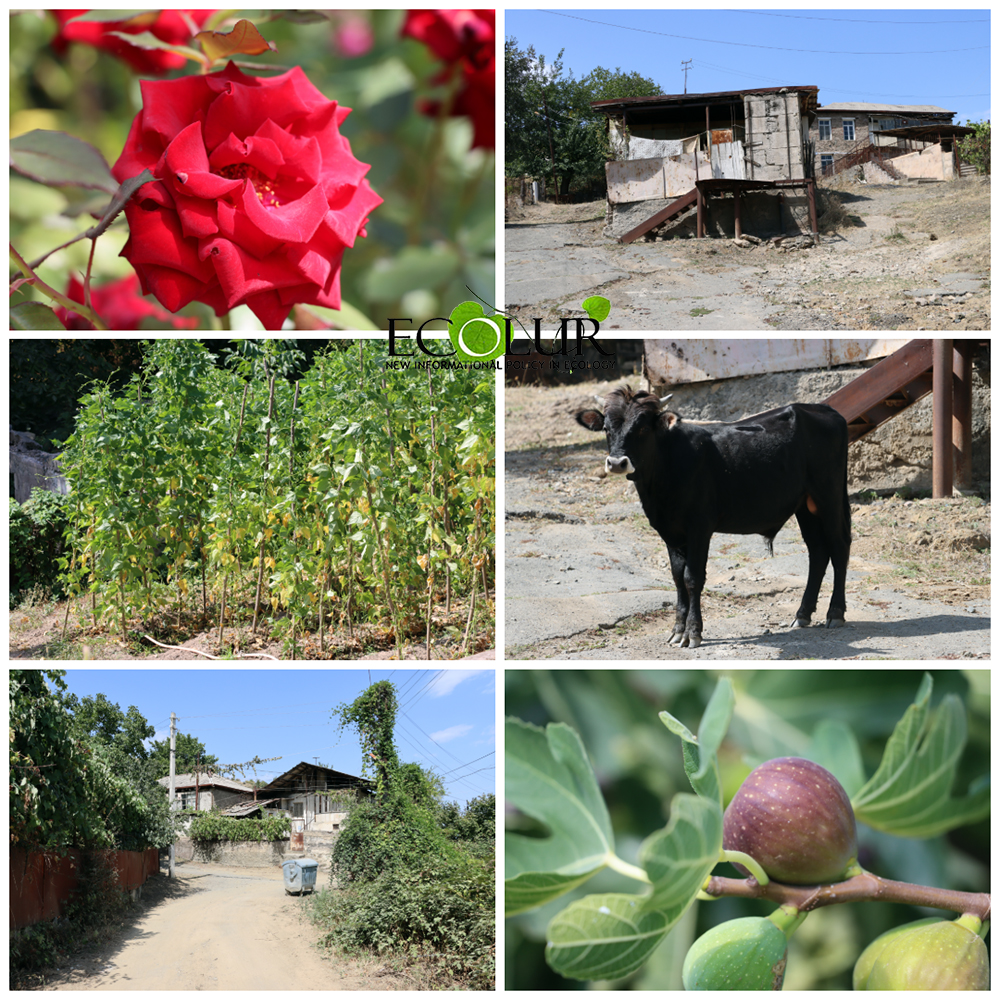 Traditionally, the residents of Gomaran have engaged in animal husbandry, crop cultivation, and horticulture. Today, livestock farming has nearly disappeared - after the 44-day Artsakh war, the villagers lost access to their pastures. Farming is also difficult due to irrigation water shortages. Households often use drinking water for irrigation, which, according to residents, is of poor quality.
Traditionally, the residents of Gomaran have engaged in animal husbandry, crop cultivation, and horticulture. Today, livestock farming has nearly disappeared - after the 44-day Artsakh war, the villagers lost access to their pastures. Farming is also difficult due to irrigation water shortages. Households often use drinking water for irrigation, which, according to residents, is of poor quality.
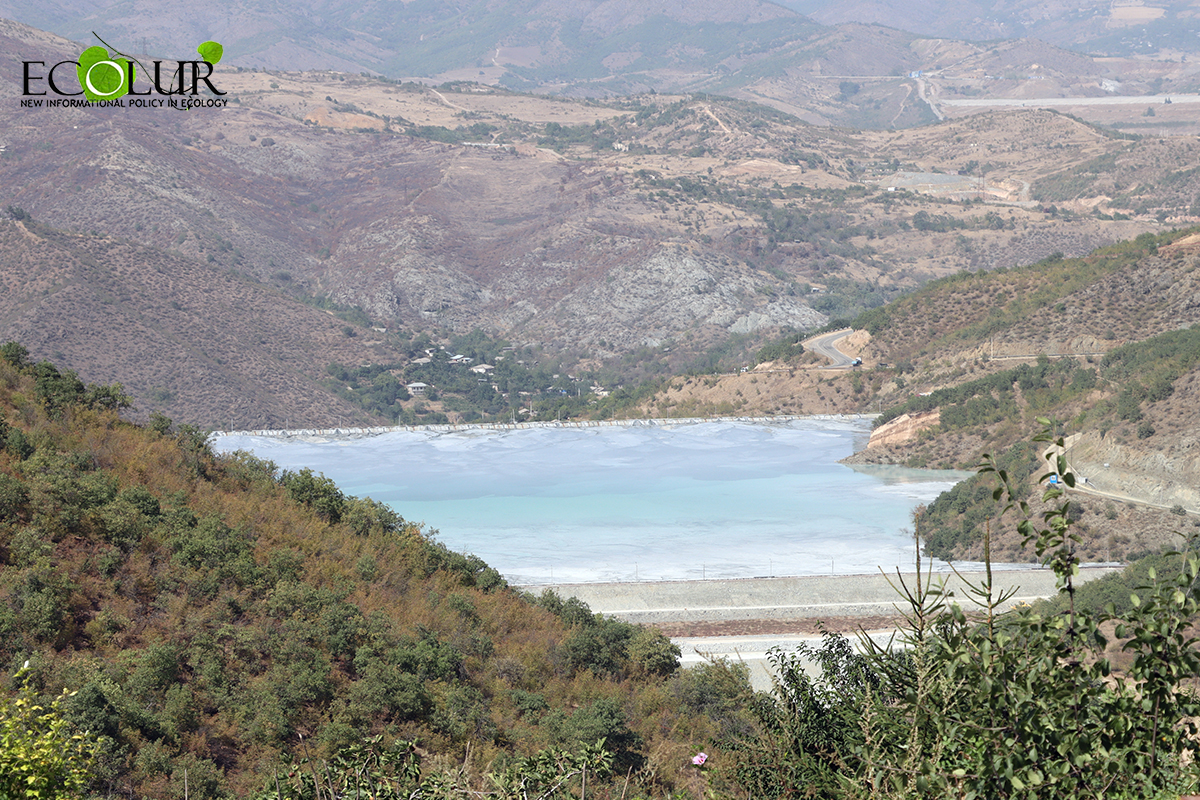
The village was once part of the Geganutsh community, but after territorial consolidation, it became part of the enlarged Kapan community. Next to the village lies the Geganutsh tailings dump, where the Kapan Ore Processing Combine deposits its mining waste.
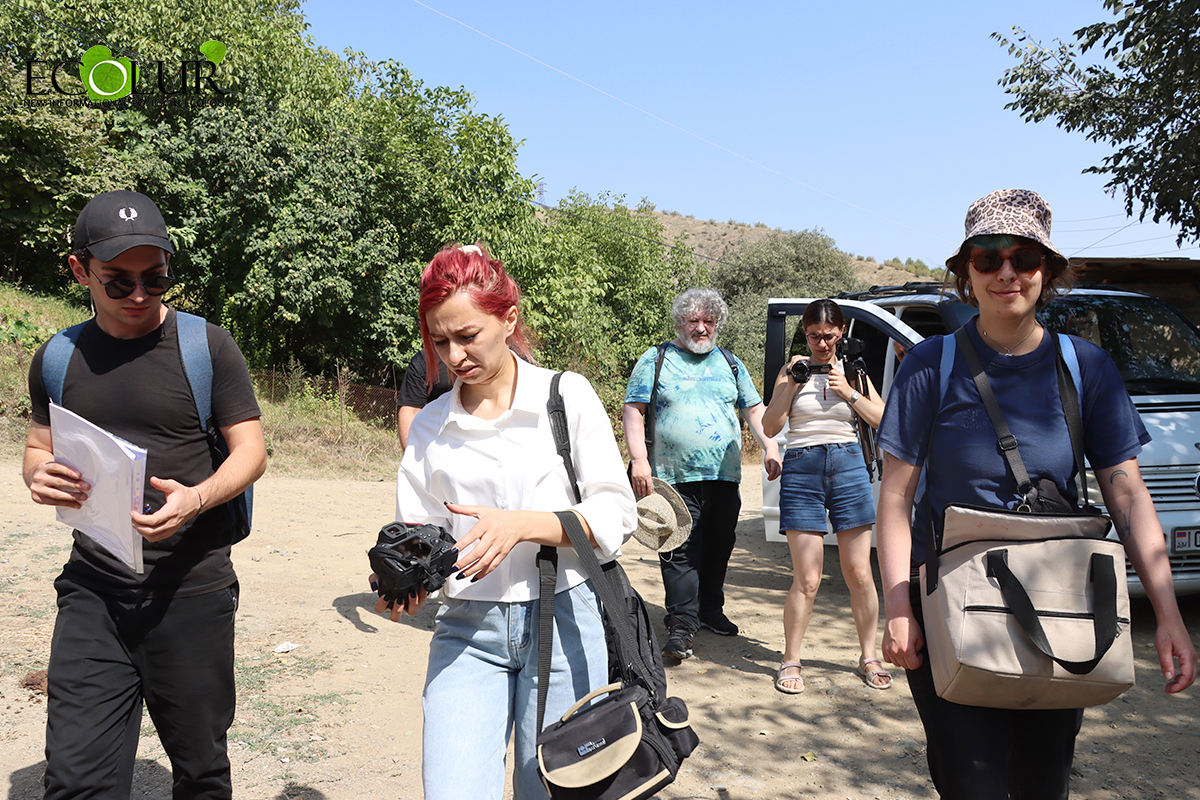
As part of “Ecological Transformation of Mining Areas in Armenia” project, the representatives of the Czech organization Arnika, the Ecolur Information NGO, and the Community Consolidation and Support Center visited Gomaran and met with local residents. The project aims to help communities identify the level of environmental pollution and support their transition to cleaner, health-safe livelihoods. The program is funded by the Ministry of Foreign Affairs of the Czech Republic.
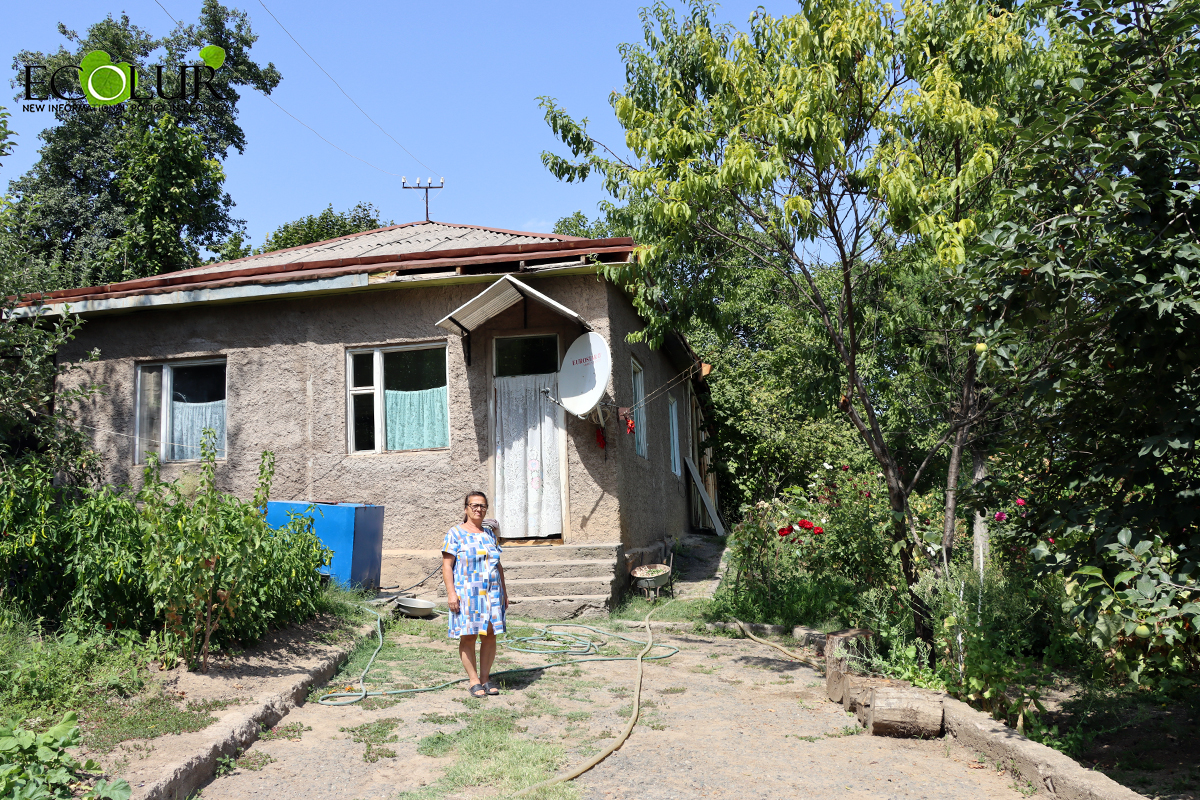
The residents presented their problems to the guests, particularly emphasizing health issues, which are widespread in the village.
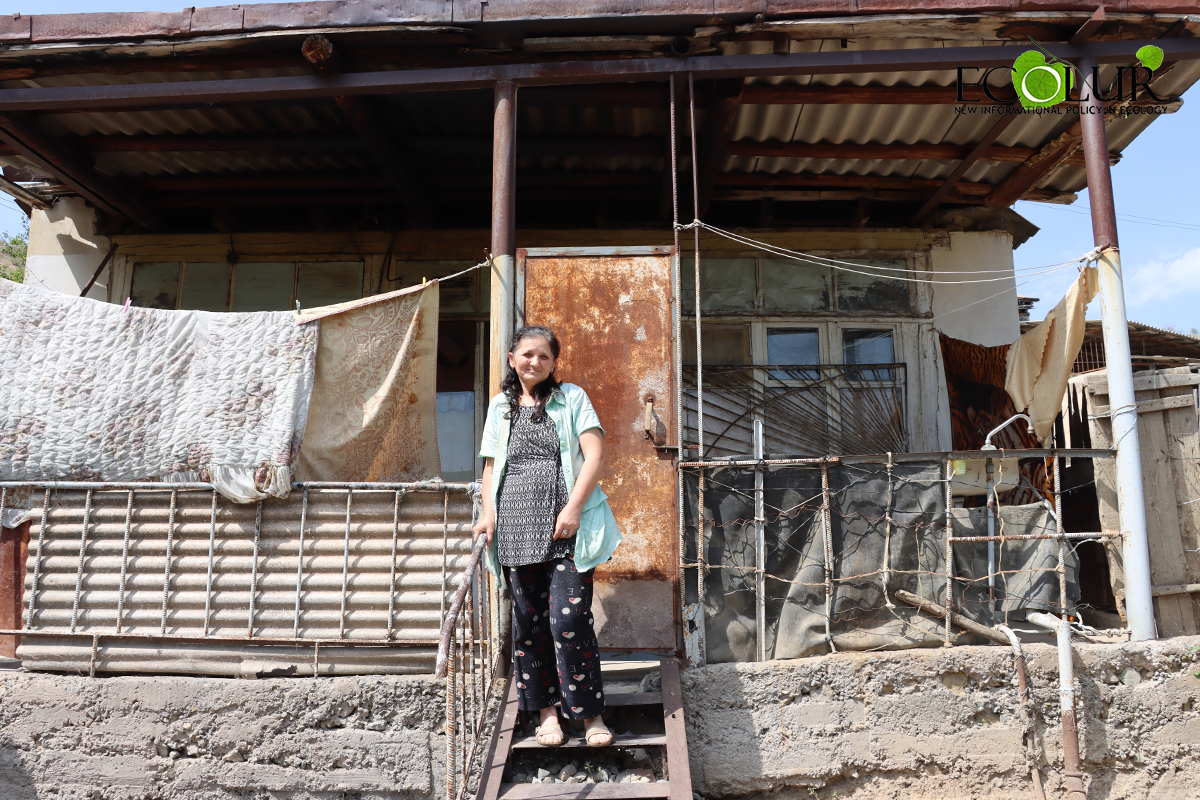
“We have no health, no water, no harvest, no jobs, no pastures, no transport - nothing good. Diseases have increased; the air and water quality are getting worse. There are no young people left in the village, only the elderly,” said Ruzanna Khudaryan, a local resident. She expressed a wish for doctors to visit the village to examine and help the residents.
She also called for social support from the Kapan Ore Processing Combine, as the villagers live next to the tailings dump, and asked that the road and water supply issues be resolved - people are forced to buy drinking water from shops.
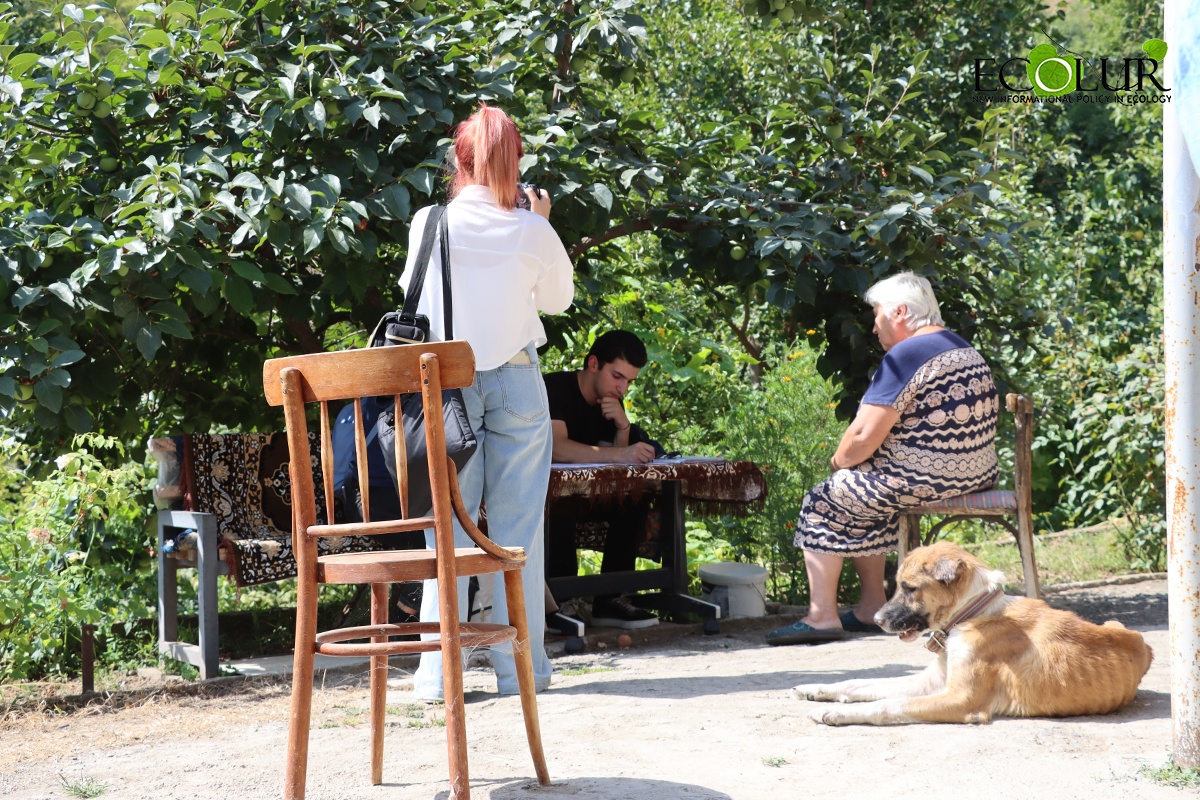
Laura Hovsepyan, a 66-year-old resident, said that three members of her family had died of cancer, leaving her alone. She herself suffers from high blood pressure, diabetes, joint pain, cardiovascular, and gynecological diseases. After the death of her children, she no longer pays attention to her health, though she adds she couldn’t afford to anyway - healthcare services are too expensive. The village has a medical post, but it is located so high up that an elderly or sick person can hardly reach it.
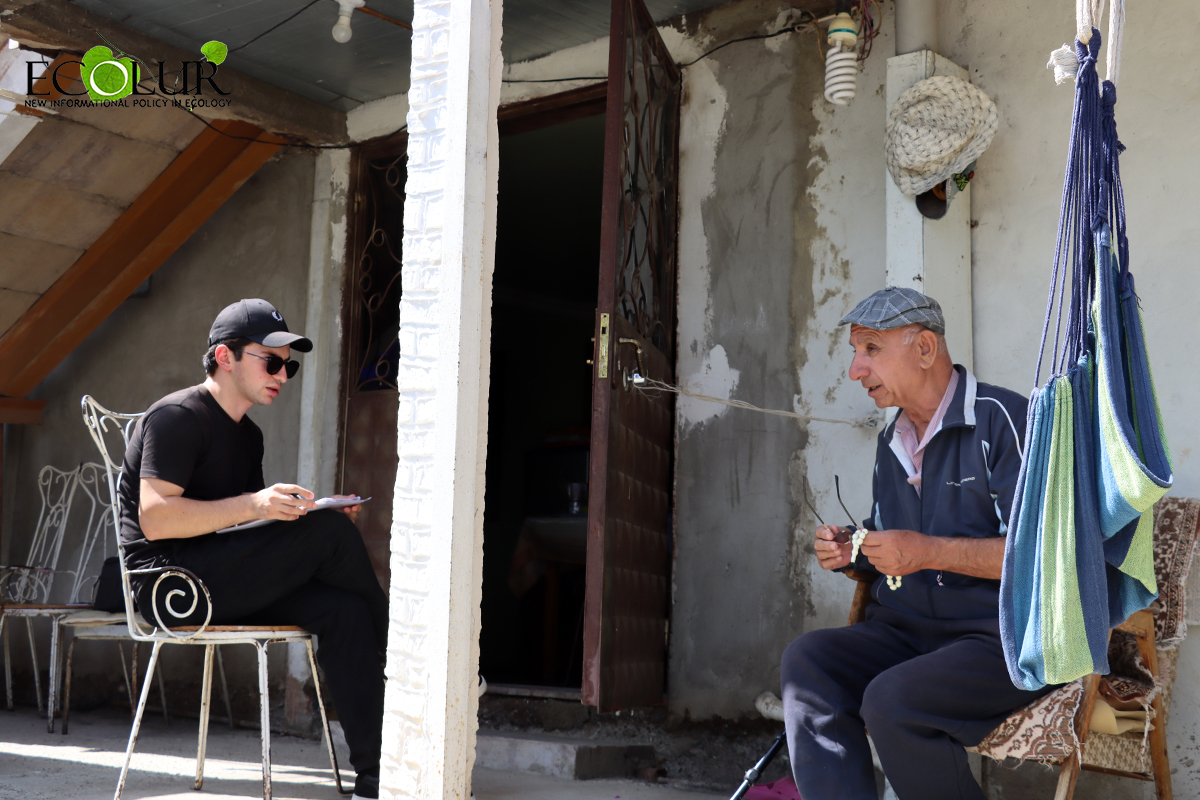
Local residents believe their health problems are linked to air and water quality and express concern over living so close to the tailings dump. They wish to learn the extent of environmental pollution in their area.
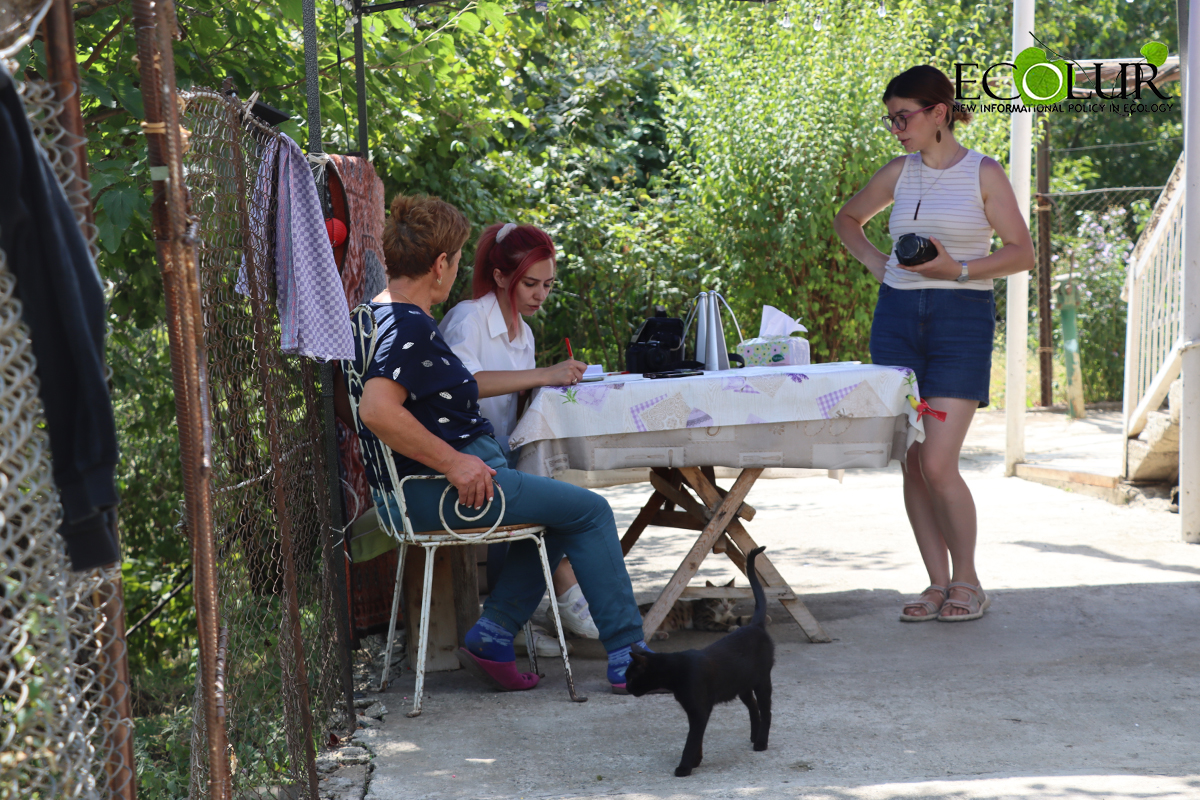
Following the residents’ suggestions, Arnika’s experts collected soil samples from household gardens, the areas adjacent to the Geganutsh tailings dump, and biological samples from residents.
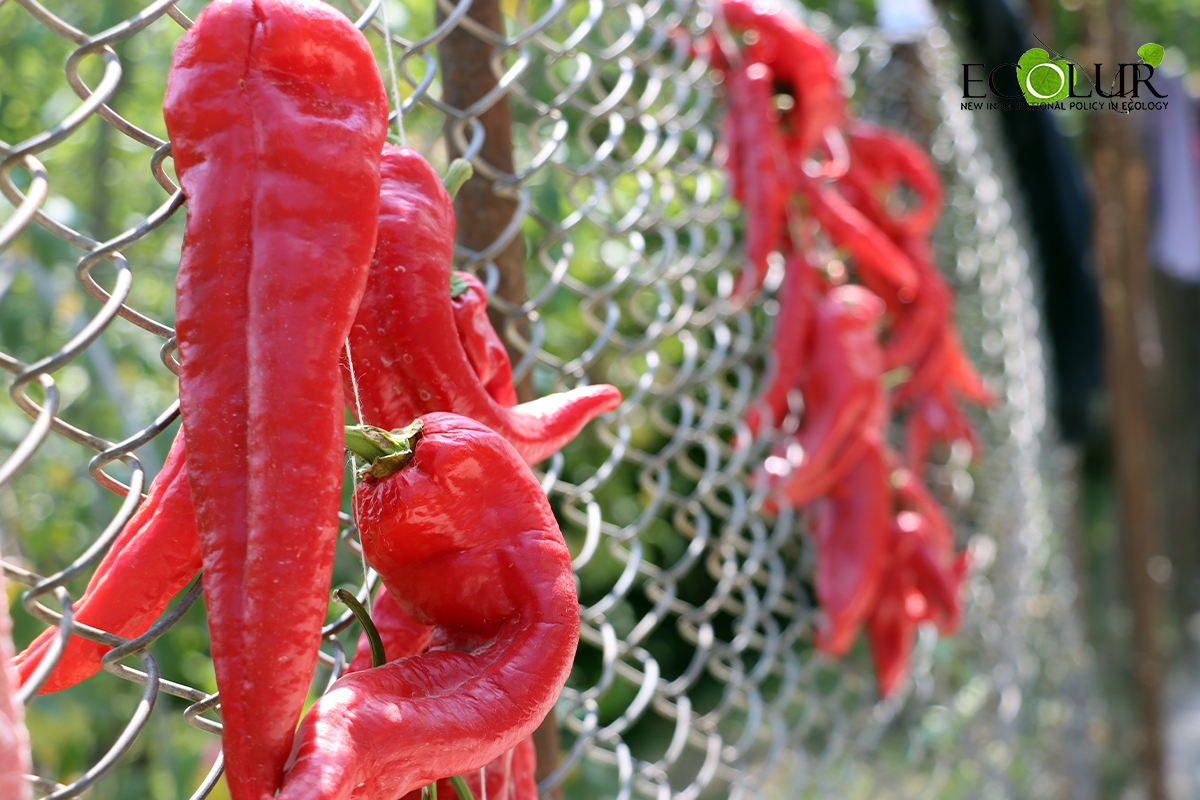
The samples will be analyzed in certified laboratories in the Czech Republic, and the results will later be presented to the local community.
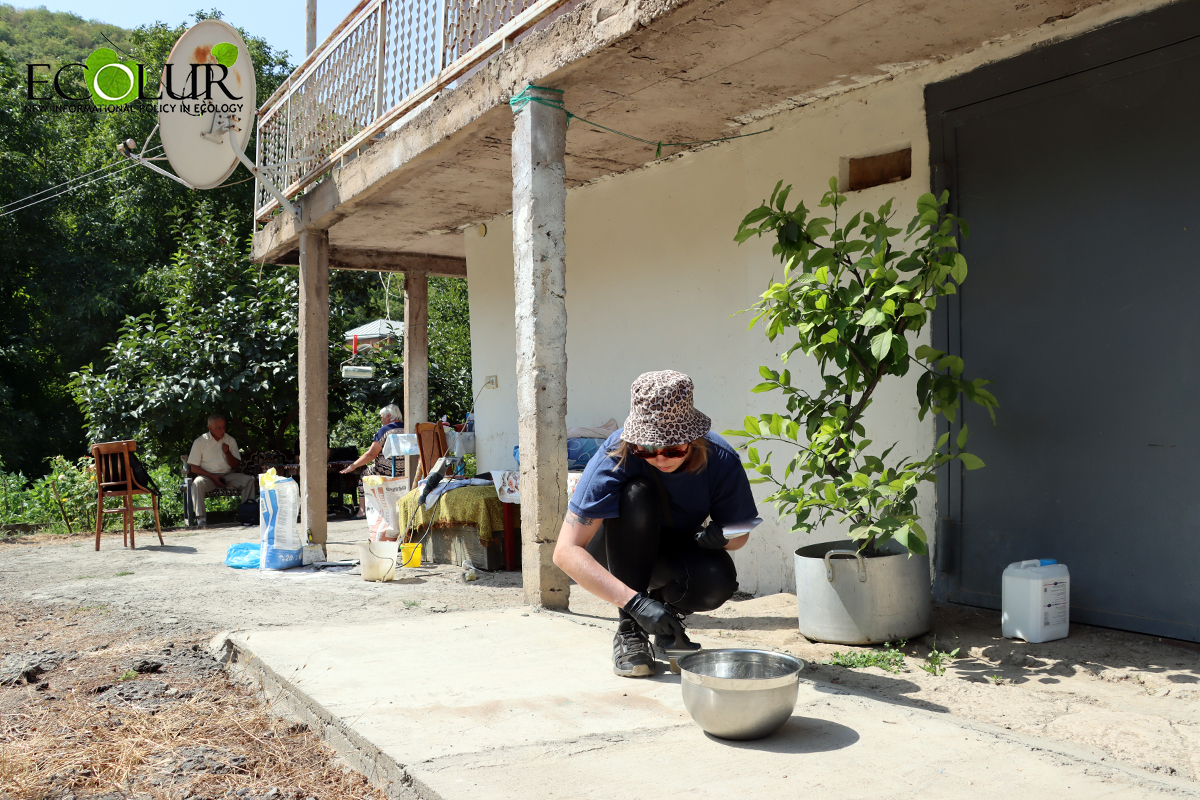

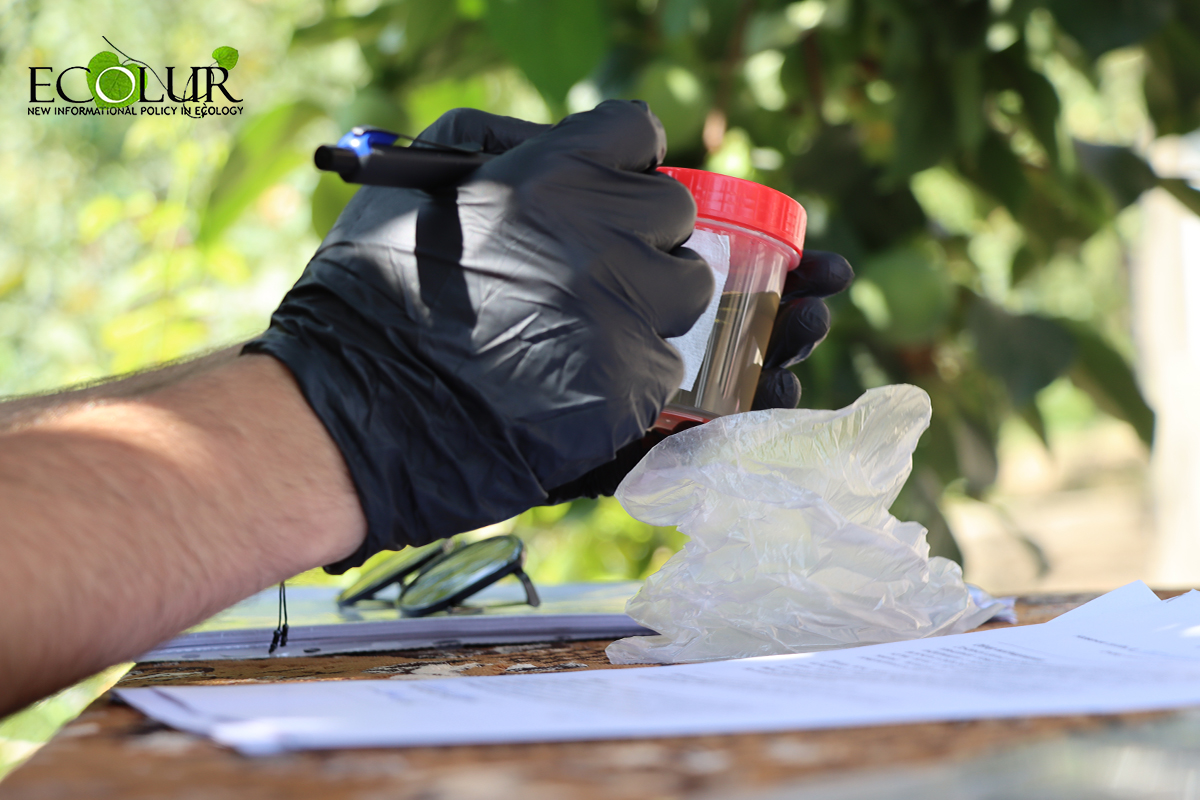
This article was prepared with the financial support of the Ministry of Foreign Affairs of the Czech Republic within the framework of the Transformation Cooperation Program.
October 15, 2025 at 16:22
